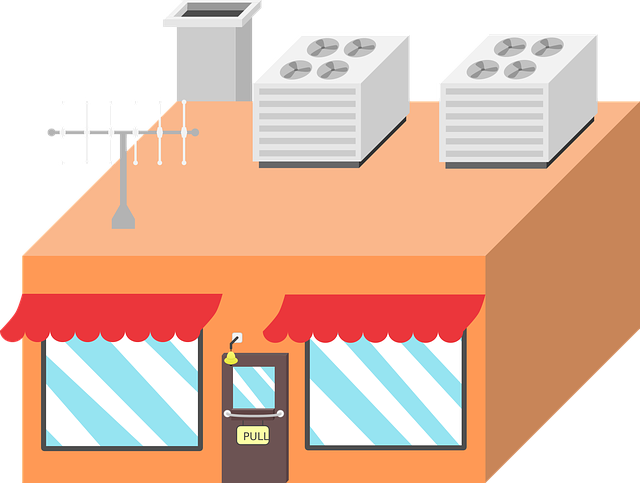Pop-up shops are revitalizing vacant real estate into dynamic community hubs, offering flexible leasing for businesses and transforming neglected areas. This approach benefits both landlords and local enterprises by providing prime locations without long-term commitments, fostering engagement, stimulating economies, and encouraging startups to expand. Strategic planning involving high-traffic locations, unique concepts, effective marketing, and community collaborations ensures success in attracting audiences and creating positive impressions.
Pop-up shops are transforming the landscape of urban real estate, breathing new life into vacant spaces. This dynamic concept offers a win-win situation for local communities and businesses, providing temporary retail solutions while revitalizing underutilized areas. In this article, we explore the rise of pop-up shops as a viable strategy to energize neighborhoods, stimulate economic growth, and create unique shopping experiences. Discover successful implementation strategies and learn how these temporary establishments can have a lasting impact on the local real estate market.
The Rise of Pop-up Shops: A New Life for Vacant Real Estate

The concept of pop-up shops has emerged as a dynamic force in the retail landscape, offering a unique solution to the challenge of vacant real estate. In many cities, commercial spaces sit idle or underutilized, which can lead to blight and negatively impact the local economy. Pop-up shops provide an innovative approach by transforming these empty spaces into vibrant hubs of activity for a limited time. This strategy not only brings life back to dormant areas but also caters to the changing preferences of consumers who appreciate temporary, curated shopping experiences.
By occupying underutilized real estate, pop-up shops create opportunities for both property owners and local businesses. For landlords, it offers a flexible leasing option that can generate income while waiting for long-term tenants. Businesses, on the other hand, gain access to prime locations, allowing them to reach new customers, test market trends, or simply offer a novel shopping experience without the commitment of a traditional lease. This win-win scenario is revitalizing communities and shaping the future of retail, where adaptability and creativity are key.
Benefits for Local Communities and Businesses

Pop-up shops offer a unique opportunity to transform vacant real estate into vibrant hubs of activity, bringing numerous benefits to both local communities and businesses. For communities, these pop-ups inject life into once-neglected areas, fostering a sense of revitalization and community engagement. Local residents gain access to diverse products and services, stimulating local economies and potentially attracting new businesses and investments.
Businesses, on the other hand, benefit from flexible leasing options and lower overhead costs associated with pop-up spaces. It allows them to expand their reach, test new markets, and connect directly with customers without the long-term commitment of traditional leases. This approach is particularly advantageous for startups and small businesses looking to establish a presence or temporarily fill gaps in their marketing strategies.
Strategies for Successful Pop-up Shop Implementation

The success of pop-up shops in revitalizing vacant spaces lies in strategic implementation. Firstly, identifying the right location is crucial; real estate experts suggest focusing on high-traffic areas or nearby popular attractions to maximize footfall. Additionally, defining a clear concept and brand image is essential for attracting the target audience. Pop-up shops should offer unique experiences or products that cannot be found easily elsewhere, creating a sense of novelty and urgency among customers.
Effective marketing plays a vital role in drawing attention. Utilizing social media platforms, local events, and partnerships with influencers can help generate buzz. Moreover, offering limited-time deals or exclusive discounts encourages spontaneous visits and word-of-mouth promotion. Successful pop-up shops also consider their impact on the surrounding community, fostering local engagement through collaborations with nearby businesses or hosting community events to create a positive and lasting impression.






